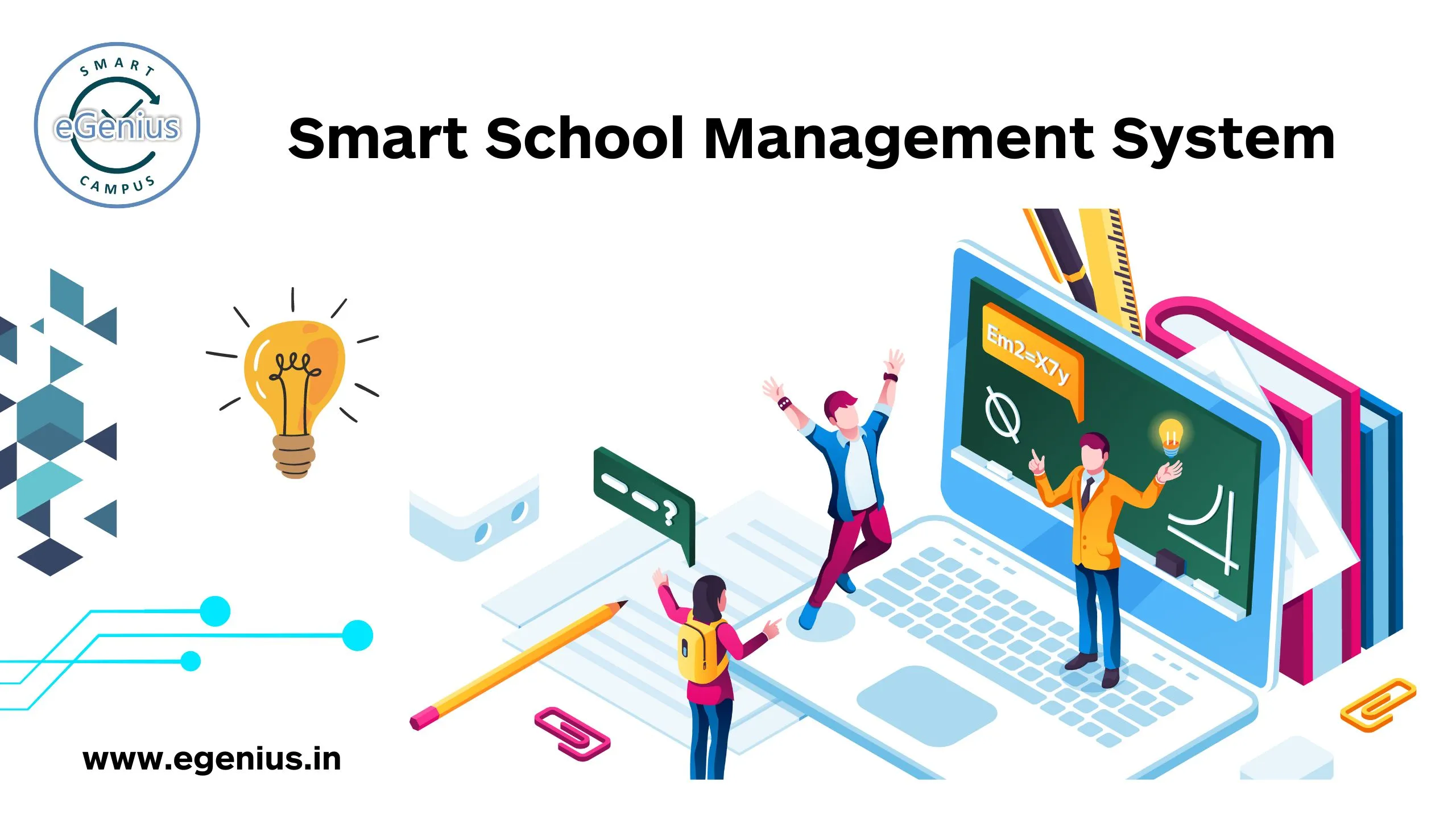Technology has become a vital aspect of education, offering solutions to the increasing demands on teachers and administrators. Schools and colleges are adapting their methods and operations with the availability of Smart School Management System. This post will explore the significance of technology in education, the complexities of school management, challenges faced by educators and administrators, and how Smart School Management Systems provide a solution
Table of Contents
- Why technology is important in education
- Introduction to Smart School Management System
- Administrative Challenges Faced by Educators and Administrators
- How Smart School Management Systems Can Help
- Solutions
Why technology is important in education:
Technology has revolutionized traditional teaching methods, becoming integral to modern education. With the increasing popularity of digital tools and platforms, teachers have access to diverse resources to enhance lessons, sustain student engagement, and personalize learning experiences. Interactive whiteboards and online learning management systems enable teachers to create dynamic and engaging environments for their students.
Technology extends beyond the classroom, simplifying tasks and facilitating communication outside school premises. Smart School Management System exemplify this technological integration, providing comprehensive solutions for seamless handling of tasks, from attendance tracking to resource allocation
Introduction to Smart School Management System:
School management includes a lot of different tasks, from making sure that students are enrolled and that their attendance is tracked to planning lessons and keeping track of resources. In the past, these jobs were done by hand, which took a lot of time and resources. But since technology came along, schools have switched to digital platforms that automate and streamlining these tasks. This lets teachers and managers focus on what really matters: giving students a good education.
Administrative Challenges Faced by Educators and Administrators:
Despite technological advancements, teachers and administrators continue to face numerous administrative challenges. A primary concern is the time-consuming nature of manual tasks, diverting attention from core teaching responsibilities. Managing extensive data, maintaining accurate records, and ensuring compliance with regulations further compound the difficulties, impeding the smooth operation of educational institutions.
How Smart School Management Systems Can Help:
A Smart School Management System solves all the problems teachers and managers have with running the school. These systems use innovative technology to automate boring tasks like keeping track of attendance, managing grades, and making schedules. This gives teachers more time to focus on giving great lessons. The centralized structure of these systems also makes it easier for stakeholders to talk to each other and work together, which makes the educational ecosystem stronger.
Smart School Management System provide teachers and managers with valuable insights through data analytics. This helps them make informed decisions about resource allocation, lesson planning, and student support services. By leveraging data, schools can identify trends, anticipate challenges, and implement targeted interventions to improve student outcomes.
Solutions:
Implementing a Smart School Management System requires careful planning and collaboration among all stakeholders. Schools and colleges must invest in robust infrastructure and ensure proper training for teachers and managers. They also need to adhere to privacy and data security regulations. Additionally, the system should be customizable to suit the specific needs of each institution, ensuring seamless integration with existing workflows and processes.
In addition, ongoing support and maintenance are crucial to maximizing the system’s benefits and addressing any issues that may arise. It’s essential to regularly solicit feedback from users to identify areas for improvement and refine the system accordingly. Schools can fully utilize Smart School Management Systems by actively participating in their implementation and support, ultimately creating a better learning environment for everyone
Technology plays a crucial role in modern schools, enhancing the teaching and learning experience. Smart School Management System challenges traditional assumptions by offering comprehensive solutions for educators and administrators. These systems automate tasks, improve communication, and provide valuable insights through data analytics. By doing so, they empower institutions to deliver quality education, optimize resources, and enhance student outcomes. Embracing technology in education, they exemplify the transformative impact of innovation on learning.
Visit our eGenius website to discover how Hostel Management System ensure student safety and welfare on campus, maximizing security and enhancing the overall educational experience.















